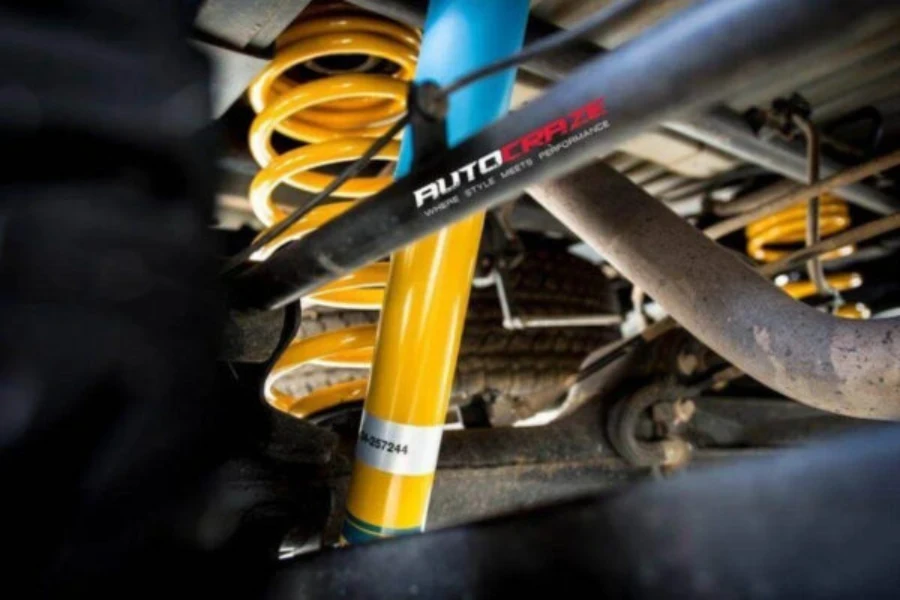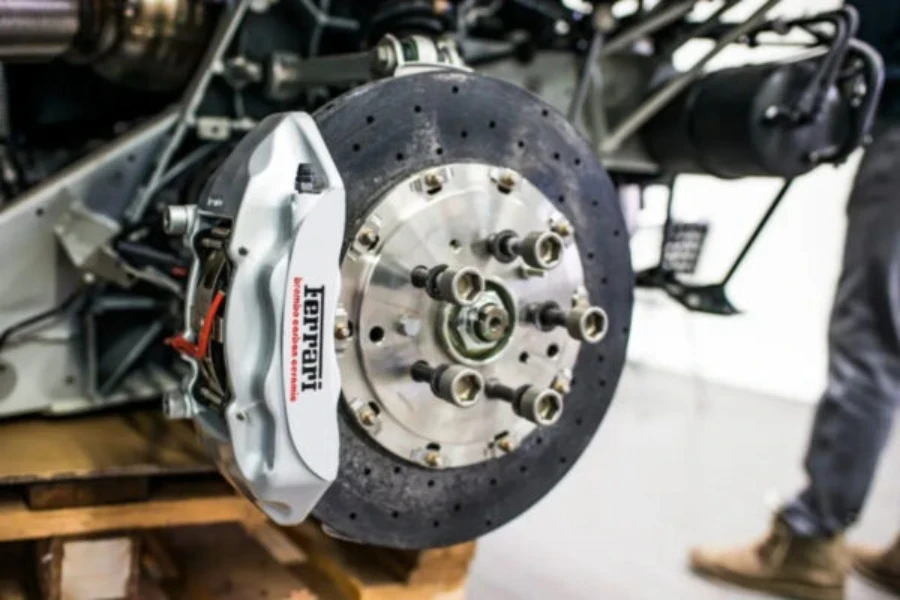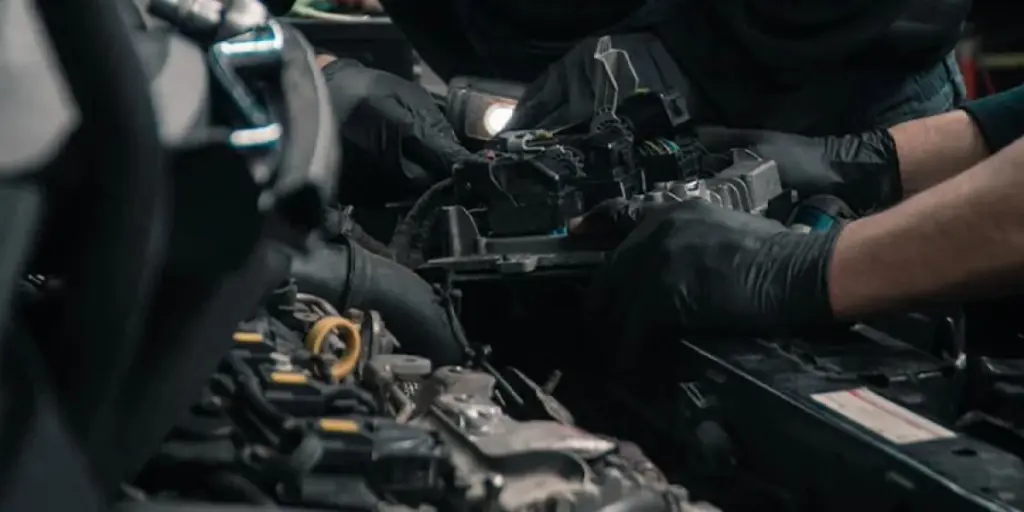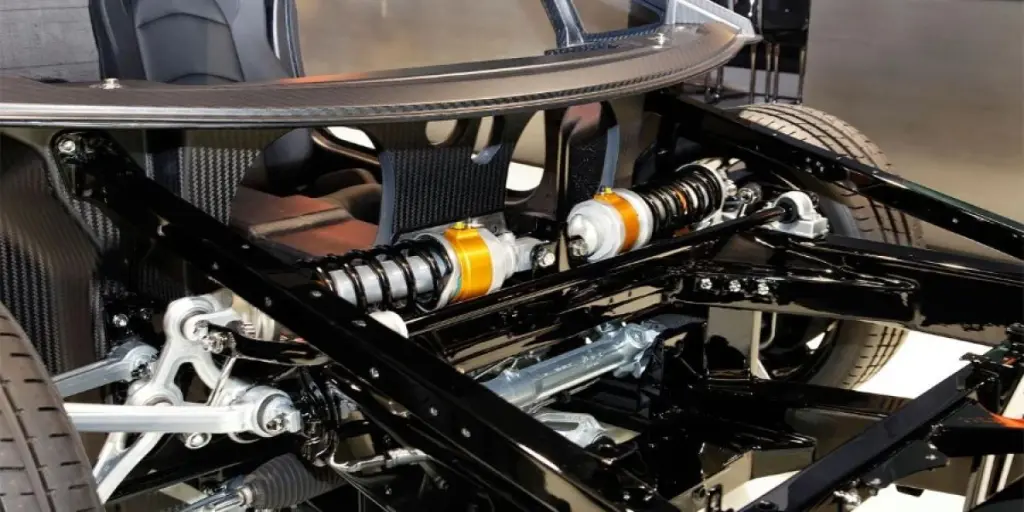The Ford Ranger came back to the U.S market in 2019 after an 8-year break.
The popularity and market size of the Ford Ranger is influenced by various factors such as consumer demand, competition, and economic conditions. However, its recent sales figures suggest it is a popular and competitive option in the midsize pickup truck market.
Here are seven common problems of Ford Rangers that many owners and drivers can expect.
Table of Contents
Ford Ranger popularity and trends
5 common problems of Ford Ranger
Final thoughts
Ford Ranger popularity and trends
The Ford Ranger has been a popular midsize pickup truck in production since the 1980s. Its popularity and market size varies depending on the region and period.
In the United States, the Ford Ranger has grown in popularity recently, with sales increasing steadily in 2022.
As high demand for pickup trucks continues, the Ranger’s sales figures will increase in 2023. Additionally, Ford is expected to release an updated version of the Ranger in the coming years, which could further boost sales in the future.
The Ranger is also popular in other parts of the world, such as Australia and Europe.
5 common problems of Ford Ranger
Transmission issues
Ford Rangers may experience shifting problems, delayed engagement, or transmission failure, especially in older models.
- Shifting problems: Drivers may experience difficulty shifting gears, rough or erratic shifts, or even slipping out of gear. These issues can be caused by worn-out transmission components, low transmission fluid, or electronic control system malfunctions.
- Delayed engagement: This occurs when there is a noticeable delay between shifting into gear and the vehicle’s actual movement. Delayed engagement can be due to low transmission fluid, worn-out clutches, or valve body or solenoid issues.
- Transmission failure: In severe cases, the transmission may fail, rendering the vehicle inoperable. Causes of transmission failure can include overheating, lack of maintenance, or internal component wear and tear.
Regular maintenance, such as checking and changing transmission fluid, is crucial to address these issues. Additionally, seeking professional help at the first sign of a problem can prevent further damage and costly repairs.
Engine problems

Several engine issues have been reported with the Ford Ranger over the years. Here are a few of the most common ones:
- Timing belt tensioner failure: This issue affects Ford Rangers equipped with the 2.3L and 2.5L engines. The timing belt tensioner can fail, causing the timing belt to come off, resulting in severe engine damage.
- Camshaft synchronizer failure: This issue can cause the engine to stall or misfire. Symptoms include rough idle, lack of power, and poor gas mileage.
- Ignition coil failure: This can cause the engine to misfire, resulting in poor performance and reduced gas mileage.
- Head gasket failure: This issue can cause the engine to overheat, leading to potential engine damage.
- Oil pump failure: This issue can cause low oil pressure and damage engines.
If you own a Ford Ranger and are experiencing any of these issues, taking your vehicle to a qualified mechanic for diagnosis and repair is essential.
Cooling system issues
Several reported cooling system issues with Ford Rangers have been reported over the years. Here are a few of the most common ones:
- Radiator leaks: The radiator is responsible for cooling the engine by circulating coolant through the engine block. Over time, the radiator can develop leaks, causing coolant to leak out and potentially leading to engine overheating.
- Water pump failure: The water pump is responsible for circulating the coolant through the engine and the radiator. If the water pump fails, the engine can overheat and cause damage.
- Thermostat failure: The thermostat regulates the flow of coolant through the engine. If the thermostat fails, it can cause the engine to overheat or run too cold.
- Clogged radiator: Over time, the radiator can become clogged with dirt, debris, and rust, reducing its ability to cool the engine.
- Heater core leaks: The heater core is responsible for providing heat to the cabin. If the heater core develops a leak, it can cause the coolant to leak out and potentially lead to engine overheating.
If you own a Ford Ranger and are experiencing any cooling system issues, it is important to take your vehicle to a qualified mechanic for diagnosis and repair. Neglecting cooling system issues can cause severe damage to your engine and potentially result in costly repairs.
Suspension problems

Suspension problems in Ford Rangers may include:
- Worn-out shocks or struts: can cause a bumpy ride, excessive bouncing, or poor handling.
- Damaged or broken leaf springs: May lead to sagging, uneven ride height, and poor handling.
- Ball joint failure: Can result in clunking noises, poor alignment, and uneven tire wear.
- Worn control arm bushings: May cause steering wander, poor handling, and irregular tire wear.
- Sway bar or sway bar link issues: Can result in poor handling, body roll, and clunking noises.
- Damaged or worn wheel bearings: May cause humming or grinding noises, vibrations, and uneven tire wear.
Regularly inspecting and maintaining your Ford Ranger’s suspension components are essential to address these issues. If you suspect a problem, consult a qualified mechanic for proper diagnosis and repair.
Brake system issues

Several brake system issues have been reported with Ford Rangers over the years. The most common ones are:
- Brake fluid leaks: Over time, the brake lines and hoses can become corroded, leading to leaks in the brake fluid. Low brake fluid levels can cause reduced braking performance or complete brake failure.
- Brake pad wear: The brake pads create friction with the brake rotors to slow down the vehicle. Over time, the brake pads can wear down and must be replaced. Neglecting to replace worn brake pads can cause damage to the brake rotors and reduced braking performance.
- Brake rotor warping: The brake rotors provide a smooth surface for the brake pads to create friction. Over time, the brake rotors can become warped or damaged, causing vibration or pulsation in the brake pedal during braking.
If you own a Ford Ranger and are experiencing any brake system issues, it is important to take your vehicle to a qualified mechanic for diagnosis and repair. Neglecting brake system issues can lead to serious accidents and injuries.
Final thoughts
Ford rangers will remain one of the most preferred pickup trucks worldwide. However, the common issues complicate driver experience and pose a risk of injuries and serious accidents.
If you notice such problems, it is important to consult a qualified mechanic for a proper diagnosis.
This guide helps you understand the common problems before deciding to purchase a Ford Ranger or helps you maintain your current Ford Ranger truck.




